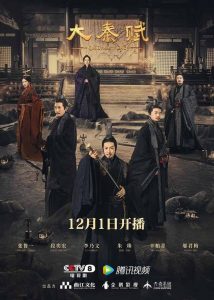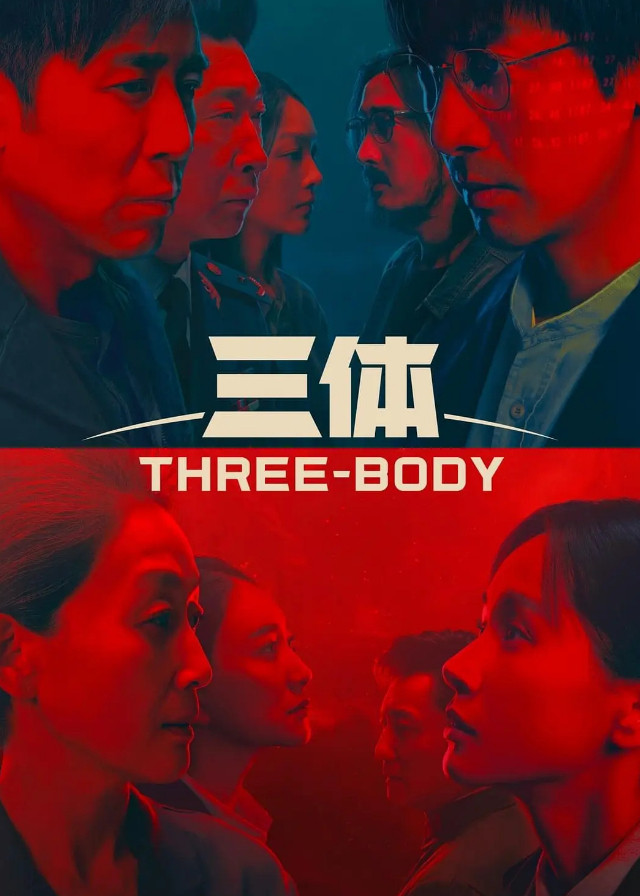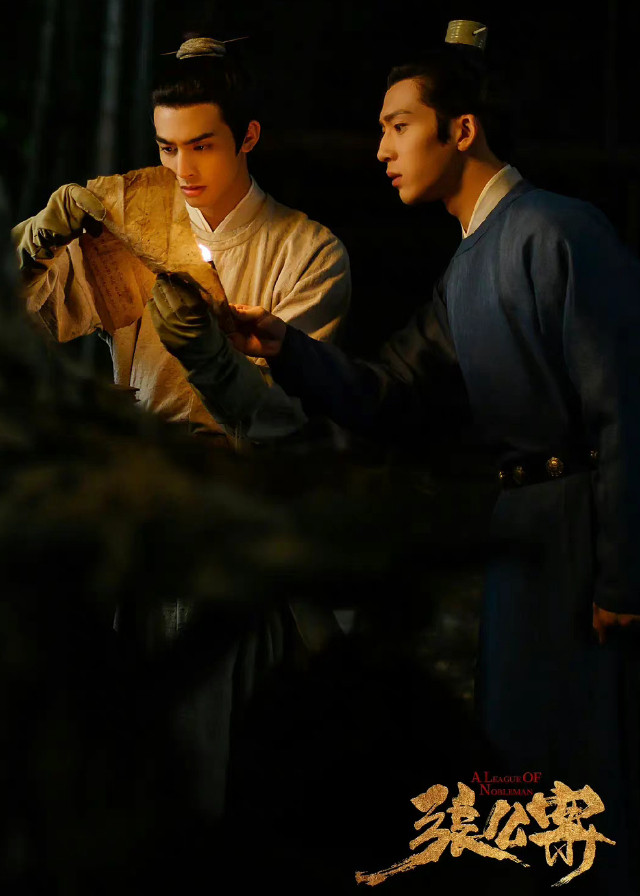Three-Body Episode 15 Recap
> Three-Body Recap
Wang Miao was engrossed in a book when his daughter, Doudou, posed a puzzling question about lamps failing on a road. While initially stumped, Doudou’s innocent remark about it being daytime from 8 AM to 4 PM, and therefore no lamps being on, sparked a profound realization in Wang Miao. He recognized that seemingly complex problems often hide all crucial information within them, much like Copernicus pointed out the obvious while others focused on minute calculations.
Inspired, Wang Miao decided to adopt this "Copernican" approach to his own dilemmas. Later, Wang Miao, having changed his in-game identity to Copernicus, logged back into the "Three-Body" game. He found himself in a chaotic historical setting, specifically the European Middle Ages, where he encountered Pope Gregory, Aristotle, and Galileo. Aristotle, dismissive of Mozi's contributions, explained that he and Galileo rigorously deduced a model of the universe through observation and experimentation.
Wang Miao, in turn, humbly admitted that his own model, while based on observation, still couldn't precisely predict the sun's movements or generate a reliable calendar. He then revealed the core problem: their world was afflicted by the "three-body problem," involving three suns whose unpredictable interactions caused alternating "Stable Eras" and "Chaotic Eras." During a Stable Era, the planet orbits one sun, but during a Chaotic Era, other suns’ gravitational pull causes unstable wandering.
Enraged, Pope Gregory ordered Wang Miao burned to death. Wang Miao desperately tried to clarify that everyone had witnessed the three suns, though often mistaking the other two for "flying stars"—distant stars with unstable cycles of revolution and rotation. Galileo vehemently disagreed, pointing out the lack of scientific basis for such a claim.
Wang Miao elaborated on a unique optical phenomenon, similar to a "polarization" effect that made distant suns appear as mere "flying stars" due to the planet's atmosphere, which had confused previous observers. Leonardo da Vinci, present at the scene, recalled a vague historical record of a civilization destroyed by two suns.
Wang Miao then explained that the simultaneous appearance of three suns, a "Tri-solar day," was the most devastating catastrophe, turning the planet's surface into a molten furnace and leaving no trace of the perished civilization. Unmoved, the Pope again condemned him to be burned. As he was being condemned, Wang Miao furiously challenged the Pope, referencing Giordano Bruno as another whose beliefs were deemed wrong, and accusing them of being unable to accept ideas beyond their comprehension.
He declared that he would log back in, only to be informed that the game's system had captured his retinal scan, preventing his return to that identity. Before the sentence could be fully carried out, the world suddenly plunged into chaos: three suns appeared simultaneously, and civilization No. 183 was utterly destroyed. However, because Wang Miao successfully unveiled the fundamental structure of the "Three-Body" universe, he was advanced to the second level of the game.
Explaining his breakthrough to Shi Qiang, Wang Miao asserted that the game's very name, "Three-Body", held the answer. He elaborated that the "Three-Body" world featured three suns, with "flying stars" being merely distant perceptions of these same suns. The recurring destruction of civilizations in such a world made their advanced technological level incredibly perplexing.
This realization, Wang Miao noted, stemmed from a prompt by Ye Wenjie and her old paper, leading Xu Bingbing to admit that she now shared Shi Qiang's deep suspicion of Ye Wenjie. Shi Qiang urged Xu Bingbing to finalize the declassification of Ye Wenjie's files, emphasizing her importance as a major point of inquiry. Elsewhere, Mu Xing attended a "Frontiers of Science" gathering where the "shooter and farmer theory" was discussed.
She questioned Shen Yufei about the seemingly religious nature of some of their presentations and the organization's true purpose. Shen Yufei advised her to consult Pan Han regarding the purpose, acknowledging their differing perspectives but reiterating the open-door policy of "Frontiers of Science". Mu Xing confessed her primary interest lay not in science itself, but in public perceptions of it. Meanwhile, Wang Miao was visibly preoccupied, lost in his thoughts even while accompanying Doudou.
Wang Miao re-entered the "Three-Body" game, finding himself amidst Isaac Newton and Leibniz, who were squabbling over the invention of calculus. They were joined by Von Neumann, who was tasked with solving complex differential equations that even the world's mathematicians couldn't handle, leading them to the East. Unaware of what a "calculator" was, Von Neumann proposed a "human wave tactic," using thirty million ordinary people for the massive calculations.
Their mission led them to Qin Shi Huang, the current ruler, who demanded a demonstration. Von Neumann obliged, showing how three soldiers could form a basic "gate component" for computation using red and white lanterns for binary signals. He then explained that ten million such gate components—including AND, NOT, NAND, NOR, XOR, XNOR, and tristate gates—would be built by soldiers and assembled into an enormous system, a "computer," capable of solving the complex equations for predicting the suns' movements.
Concurrently, Xu Bingbing presented new findings regarding Ye Wenjie's social connections. She revealed that Ye Wenjie had a niece, Chen Xue, who was Ye Wenxue's daughter. Despite the strained relationship between the sisters, Ye Wenjie had supported Chen Xue since college. Chen Xue, a recent MIT graduate, had just returned to China and was living in the apartment above Ye Wenjie’s, a property allegedly borrowed from a colleague.
Xu Bingbing’s investigation found no suspicious links between Chen Xue and "Frontiers of Science", Shen Yufei, or even significant contact with Ye Wenjie herself, as Chen Xue had been abroad during the time of Yang Dong's suicide. Furthermore, Xu Bingbing uncovered that Shen Yufei’s nanomaterial company had recently employed a large number of mathematical calculation personnel, a move seemingly unrelated to its primary business.
Xu Bingbing suspected these individuals were being utilized for other purposes, especially given that Shen Yufei’s husband, Wei Cheng, was a mathematician, implying these auxiliary calculations were ultimately for his benefit. Responding to Qin Shi Huang’s command, the soldiers instantly arranged themselves into a vast, intricate "Computer Formation," christened "Qin I." Its core, the Central Processing Unit, was formed by five elite legions, while a "display" array, located closer to the front, showed key operational parameters.
Cavalry units served as the "bus," swiftly transmitting information across the entire system. The "hard drive," located at a distance, comprised three million highly educated individuals—the same scholars Qin Shi Huang had saved from being buried alive—each meticulously recording intermediate calculation results. This "hard drive" was identified as the bottleneck in the computation speed.
When a system lockup occurred due to a faulty "gate circuit" in the CPU, Qin Shi Huang immediately ordered the execution of the soldiers forming that specific component, establishing a severe precedent for future malfunctions. With the system repaired, the "Three Body 1. 0" solar orbit computation software was launched, calculating the suns' positions for the next two years.
Qin Shi Huang reflected on the immense collective wisdom that could be generated by large numbers of disciplined individuals, even if some Europeans criticized his tyrannical rule. An advisor countered, asserting that this was mere mechanical operation, not true wisdom, and that these ordinary people were 'zeros' whose collective efforts only gained meaning with Qin Shi Huang, the 'one', at their head. Finally, a message appeared, urging the game's progress to accelerate.















